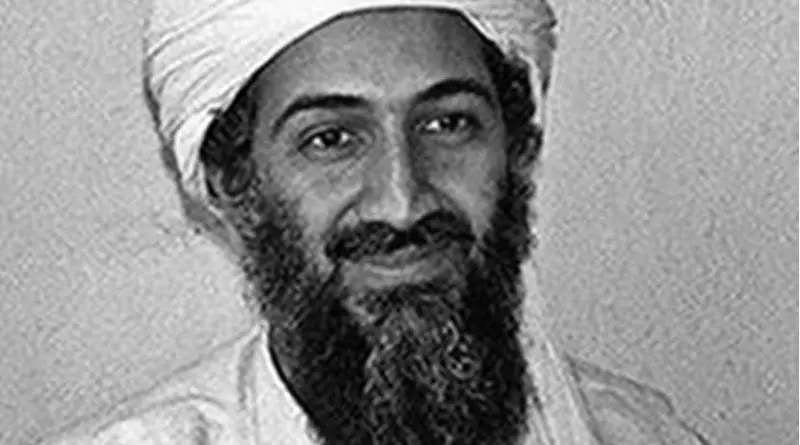Bin Laden: The ‘Face’ Is Dead, The ‘Base’ Remains? – Analysis
By Dr. Bibhu Prasad Routray and Dr. Shanthie Mariet D Souza
The death of Osama bin Laden in the hands of US special operations forces is momentous and represents one of the most significant counter-terrorism achievements in last several years. It is a tremendous setback to Al Qaeda (literally meaning ‘the base’) and its affiliates worldwide. The news is comforting to the surviving relatives of thousands of AQ’s victims in the US and worldwide. Although it is still early days, there are bound to be speculations how easy will it be for the US to pull out of the Afghan conflict theatre? How the reconciliation bid with the Taliban will progress for the Taliban is now without the services of its big brother? How the achievement will boost the re-election bid of President Obama?
Given that the Pakistani involvement in the months’ long preparation and ultimate hunt down of Bin Laden in proximity of Pakistan’s political capital Islamabad was almost insignificant, questions can be asked about the nature of US-Pak counter-terrorism cooperation. In spite of the public posturing regarding the cooperation between the two countries by leaders of respective countries, there were clear elements of distrust and US chose to carry out operations on its own. The ISI was kept out of the entire operation, possibly to avoid any leakage of sensitive information. As is clearly established now, this was the right way of going about achieving the task.
Bin Laden has certainly been AQ’s symbol and face. But he was also a terrorist on the run and hiding for survival, for the past several years. It is not clear to what extent he led AQ’s operational aspects all these years? Was he an irreplaceable leader without whom the outfit will fall apart? Is the AQ capable of staging a comeback? Will it survive the setback? These are questions, the coming days and months will answer.
In spite of these preliminary and important questions, fact remains that terrorism, all these years, needed a big setback. That’s arrived. Irrespective of the turn AQ affiliated terrorism takes hereafter, there is no doubt that this is a big moment and a moment to cherish and rejoice.

